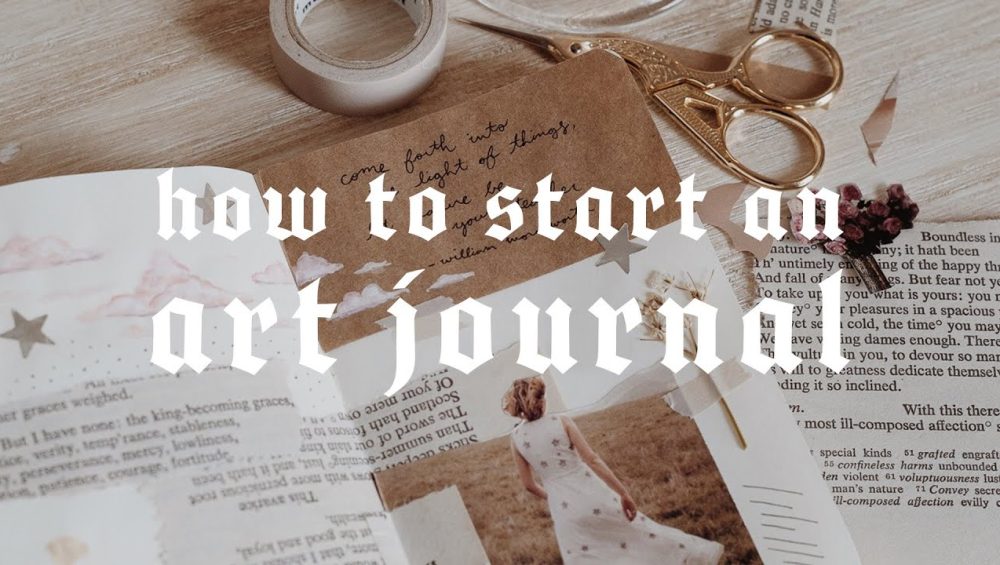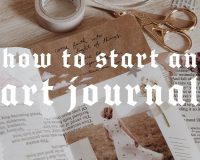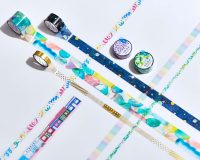Journaling is a powerful tool for self-reflection, personal growth, and creative expression. It provides an opportunity to organize thoughts, track progress, and document memories. Whether you’re a seasoned writer or a beginner, starting a journaling practice can be both enjoyable and transformative. In this blog post, we’ll guide you through the art of journaling and provide tips on how to get started.
The Benefits of Journaling:
- Enhances self-awareness and personal growth.
- Reduces stress and anxiety.
- Boosts memory and comprehension.
- Fosters creativity and problem-solving skills.
- Improves writing and communication skills.
How to Get Started with Journaling:
- Choose Your Journal and Writing Tools:
Select a journal that speaks to you, whether it’s a simple, budget-friendly notebook or a high-quality, leather-bound journal. Your chosen writing instruments should be comfortable and enjoyable to use. Experiment with different pens, pencils, or even fountain pens to find your favorites.
- Set Aside Time for Journaling:
Establish a routine for your journaling practice. This could be daily, weekly, or even sporadically when you feel the need. Dedicate specific time slots in your day for journaling, such as in the morning, before bed, or during breaks. Consistency will help you develop a habit and make journaling a natural part of your routine.
- Create a Comfortable Environment:
Find a quiet and comfortable space where you can focus on your thoughts and writing. This could be a cozy corner in your home, a peaceful spot in a park, or even your favorite coffee shop. Having a dedicated journaling space will help you enter the right mindset for self-reflection and creativity.
- Decide on a Journaling Style:
There are many journaling styles to choose from, and you can mix and match based on your preferences. Some popular journaling styles include:
- Free Writing: Write down your thoughts and feelings without worrying about structure, grammar, or punctuation. This can be a therapeutic way to release emotions and explore your inner world.
- Gratitude Journaling: Reflect on the positive aspects of your life by documenting things you’re grateful for. This can help shift your focus to the good things in life and cultivate a more positive mindset.
- Bullet Journaling: Combine productivity and organization with creativity. Use bullet points, symbols, and simple illustrations to keep track of tasks, events, and notes.
- Art Journaling: Combine writing with visual elements like drawings, paintings, or collages to express yourself creatively. This can be especially helpful for those who find it challenging to express themselves through words alone.
- Find Journaling Prompts:
If you’re unsure what to write about, consider using journaling prompts. These can be questions, statements, or topics designed to inspire reflection and creativity. You can find a wealth of journaling prompts online, in books, or even create your own based on your interests and goals.
- Don’t Worry About Perfection:
Journaling is a personal and private practice. Give yourself the freedom to write without the pressure of perfection. Your journal is a safe space for you to explore your thoughts, emotions, and ideas without judgment. Embrace the process, and remember that there’s no right or wrong way to journal.
The art of journaling offers a unique opportunity to connect with yourself, enhance self-awareness, and foster personal growth. By choosing the right tools, establishing a routine, and finding a journaling style that resonates with you, you’ll be well on your way to enjoying the many benefits of this rewarding practice. So, pick up your pen and notebook, and let your journey into the world






